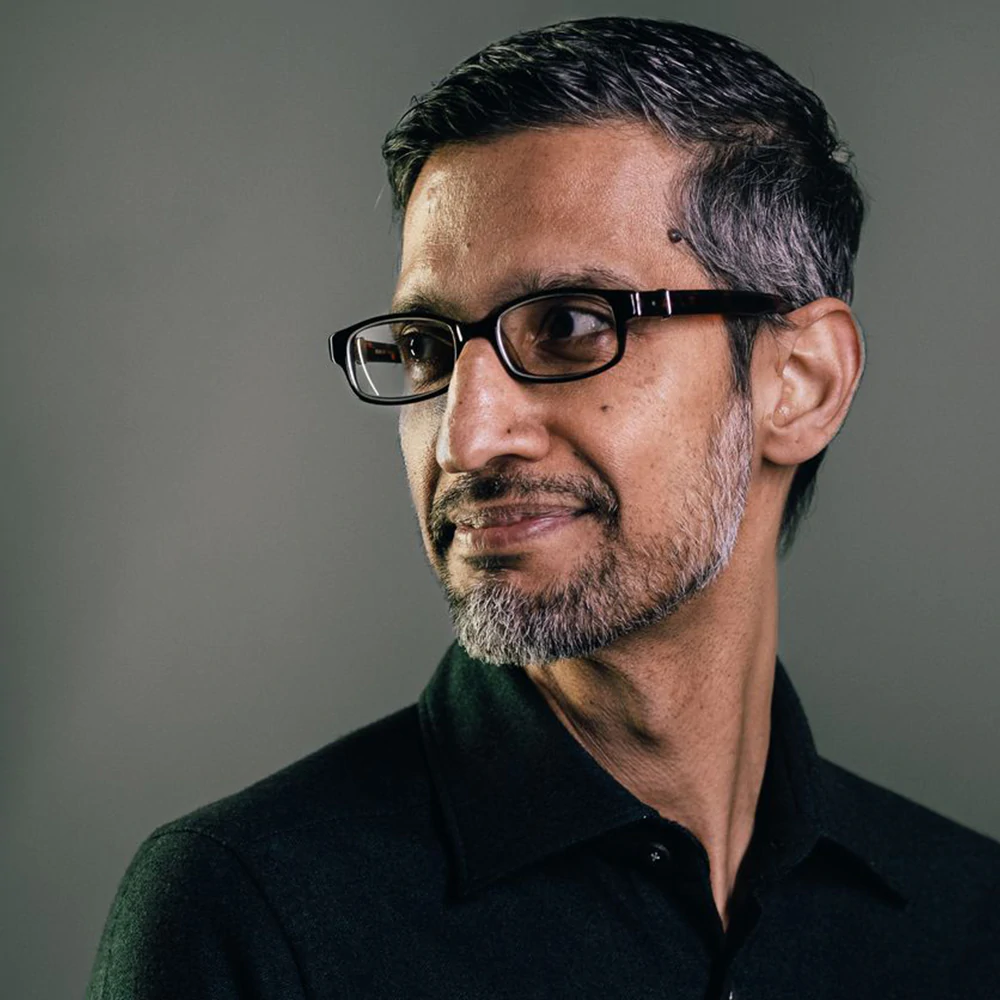The proverb "early bird gets the worm," means that being first improves the chances of success. It emphasizes the importance of starting something early to maximize the potential outcome.
But the CEO of both Google and Google's parent company, Alphabet, Sundar Pichai, doesn't want to see Google that way.
While Google has introduced lots of things, and operates many powerful and useful products, Pichai thinks that by hurrying up things, especially in the realms where things are new, can translate to catastrophe. Like Google Bard, for example, which competes with the ubiquitous OpenAI's ChatGPT.
In the generative AI field, Pichai does want to take advantage of every single opportunity. Google was amongst those that drooled over the young but lucrative generative AI market. The thing is, Google showed that when doing things in a hurry, it failed. Bard's introduction was a $100 billion mistake.
At that time, Bard was not really ready.
Learning from the mistake, Pichai wants to reflect to the company's past, in order to exercise more caution when things look too good to be true.
Instead of hurrying up things, Google thinks that playing safe is the safest.

Pichai stated that in almost every area that Google operates, the company was not the first mover. Instead, Google's history tends to see the company build things that are improvements over existing products.
So instead of being the "bird," in this case, Pichai rather be "the second mouse gets the cheese" type.
Pichai stated that in almost every area that Google operates, the company was not the first mover. Google is a company has tons of other products, but many of core products have been built upon the success of competitors.
Yahoo!, for example, was a pioneer on the web by providing a directory for a searchable World Wide Web. Yahoo! itself as inspired by AltaVista, which started the trend, and it was the reason why Yahoo! acquired it.
Google Search was built upon Yahoo!'s success.
Using algorithms to power a search engine, Google Search disrupted the industry, simply because it ranks websites based on popularity, and served them in a result page that is uniquely tailored to different individuals.
MapQuest, for example, was a pioneer in maps. It was amongst the to provide services for GPS-enabled mobile phones, allowing users to automatically find their location, access maps and directions and locate nearby points of interest, including airports, hotels, restaurants, banks and ATMs.
Google Maps piggybacked that existing market, by improving what can be improved.
Google Search and Google Maps weren't the first of their kinds. But Google managed to improve over what was already available, leading to both products' rapid rise in popularity.
The CEO addressed this when he was asked about the company's delayed launch of Bard and its competition with Microsoft.
Because of this "slow but sure" approach, Pichai and other high-ranked executives at Google and Alphabet are less worried about Bard's slow entrance, even when OpenAI and Microsoft have both reaped benefits from the hype.
Read: Google Finally Unleashed 'Bard', Its ChatGPT-Competitor, For The Public To Test
Pichai tried to suggests that the first mover's advantage might not be as important in the corporate world.
What's more important, at least for Pichai, is competitive advantage, and that is where Google is known to excel at.
In this case, Google that picked up the pace of others, has made Google Search an extremely reliable, fast, and powerful product. Thanks to Google's huge resources, Google's crawlers have already visited almost every single corner of the web, indexing every single website they can find, devouring data like there is no tomorrow.
Similarly, Google's integration of satellite imagery and street-level views in maps have made Google Maps a game-changer.
Pichai's comments demonstrate that Google's success is not simply the result of being the first mover, but of a commitment to quality, user experience, and continuous improvement.
This emphasis on quality and user experience is a hallmark of Google's approach to product development.
After all, Google's mission has long been to organize the world's information and make it universally accessible and useful.
Everything Google does is guided by this mission, and the company has proven itself and the world, that it has become a powerhouse in the tech industry.